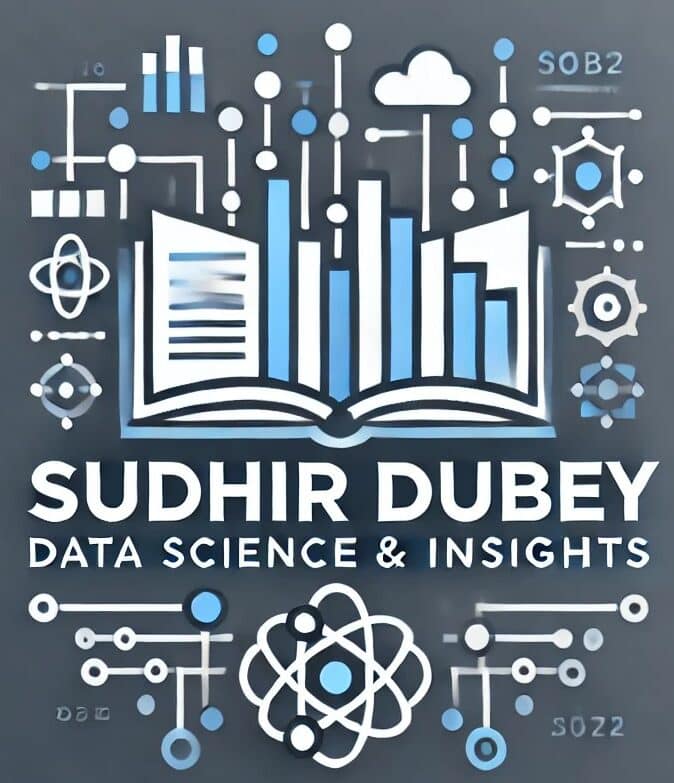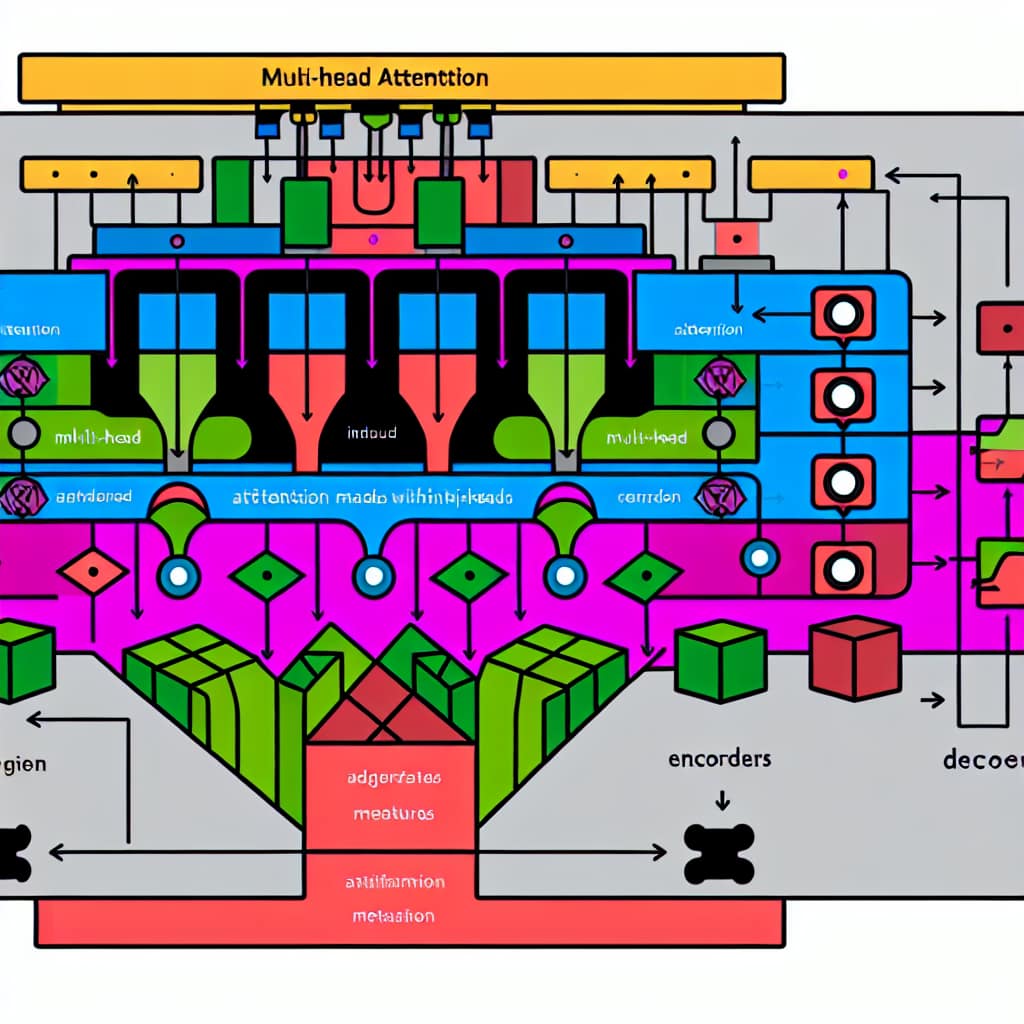GenAI: Essential Innovations in AI Content Creation for 2025
The emergence of GenAI in recent years has transformed the landscape of content creation, making it a pivotal tool for AI and Data Science professionals. As we venture into 2025, the capabilities of AI content generation are not only expanding but also evolving to meet the demands of quality, creativity, and efficiency in digital communication. This article delves into the real-world applications of GenAI, highlighting its relevance and exploring the latest advancements poised to redefine the industry. From predictive text generation to complex storytelling engines, GenAI is reshaping how we create and consume content. Join us as we discover the cutting-edge innovations that are setting the benchmark for AI-driven content creation, offering insights into how professionals and learners can leverage these tools to stay ahead in the digital age.
Table of Contents
Introduction to GenAI
GenAI, or Generative AI, refers to technology that uses machine learning models to generate human-like text, music, images, and more. In the realm of AI content, GenAI facilitates sophisticated content strategies by producing high-quality text with minimal human intervention. Leveraging algorithms such as GPT-4, these models can understand context, syntax, and semantics, making them invaluable for businesses seeking efficiency and personalization in content creation.
As the demand for digital content accelerates, professionals are increasingly turning to GenAI to meet consumer expectations. Its application in areas like automated journalism, blog writing, and even customer service has already shown promising results. By learning from vast data sets, GenAI can mimic human creativity, providing a seamless way for companies to enhance their digital narratives.
Advanced Applications
Advanced GenAI applications extend beyond simple text generation. One significant area of interest is in creating personalized learning experiences. For instance, AI-driven platforms can tailor educational content based on individual learning patterns and performance, optimizing the educational journey for better outcomes.
Frameworks and Tools
Key frameworks like OpenAI’s GPT, Google’s BERT, and Facebook’s innovative LLaMA model are instrumental in the GenAI ecosystem. These frameworks are backed by robust training algorithms capable of producing coherent and contextually relevant content across diverse fields. By adopting such tools, professionals can tap into powerful resources to enhance automation in content generation tasks.
[Explore more about our recommended AI tools here.]
Emerging Trends in AI Content
As AI technology continues to evolve, several trends are shaping the future of generative content. One notable trend is the integration of AI with augmented reality (AR) and virtual reality (VR) to create immersive storytelling experiences. This synergy enables content creators to offer richer, more interactive narratives that enhance user engagement.
An innovative trend includes the emphasis on ethical AI. Ensuring that AI-generated content adheres to ethical standards is crucial, addressing biases and promoting transparency in algorithmic processes. These measures are integral to maintaining trust and credibility within the digital space.
Visit our Trends page for in-depth analyses and predictions.
Real-world Examples
Several companies have successfully implemented GenAI to boost their content strategies. For instance, The Washington Post uses AI to generate short news reports, freeing journalists to focus on more complex narratives. Meanwhile, e-commerce platforms employ AI content generators to create product descriptions, enhancing personalization and reducing turnaround times.
An external example is IBM’s Watson, which continually sets benchmarks in harnessing GenAI for complex data interpretation and natural language processing, profoundly impacting industries like healthcare and finance. [Learn more about Watson’s innovations from IBM’s official site.]
Conclusion
In conclusion, GenAI technology is essential for transforming content creation strategies in 2025 and beyond. Its applications allow for unprecedented levels of creativity and efficiency, which are crucial in today’s fast-paced digital world. As AI professionals or enthusiasts, staying abreast of these developments can offer competitive advantages and drive innovation.
We encourage you to subscribe to our newsletter for regular updates on AI advancements and explore our Insights page for more expert analyses.
FAQ
What is GenAI?
GenAI, short for Generative AI, uses machine learning to create content like text, images, and audio that mimics human output. It is a critical tool in automation and personalization of digital content.
How does GenAI impact content creation?
GenAI transforms content creation by automating routine tasks, enabling personalized content generation, and allowing creators to focus on more complex, strategic initiatives.
What are the ethical considerations of GenAI?
Key ethical considerations include ensuring content accuracy, avoiding bias in AI models, and enhancing transparency about AI’s role in content generation.
What are some popular GenAI frameworks?
Popular frameworks include OpenAI’s GPT series, Google’s BERT, and Facebook’s LLaMA, all of which offer powerful capabilities for natural language processing and content creation.



